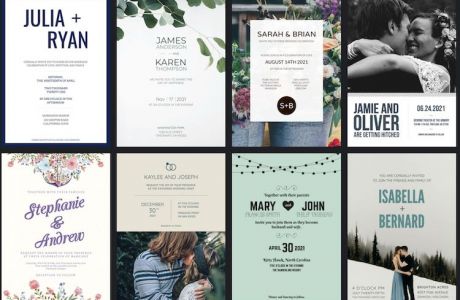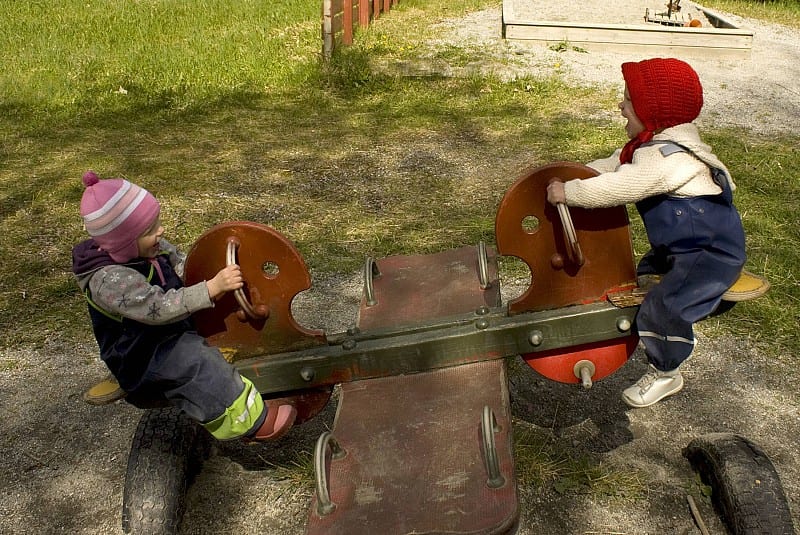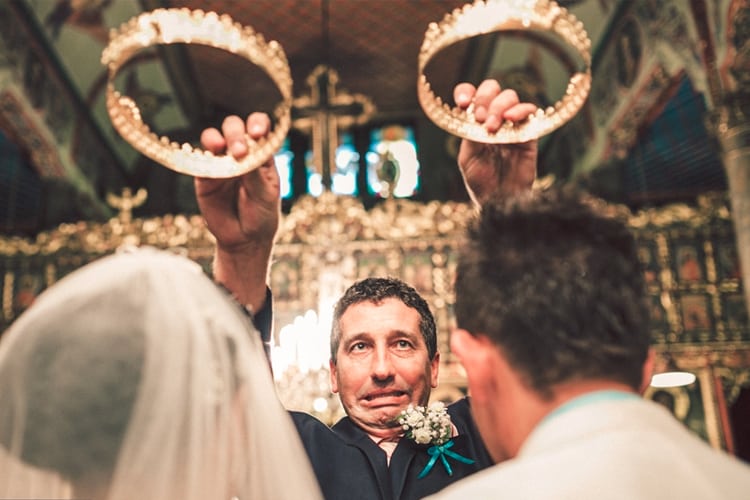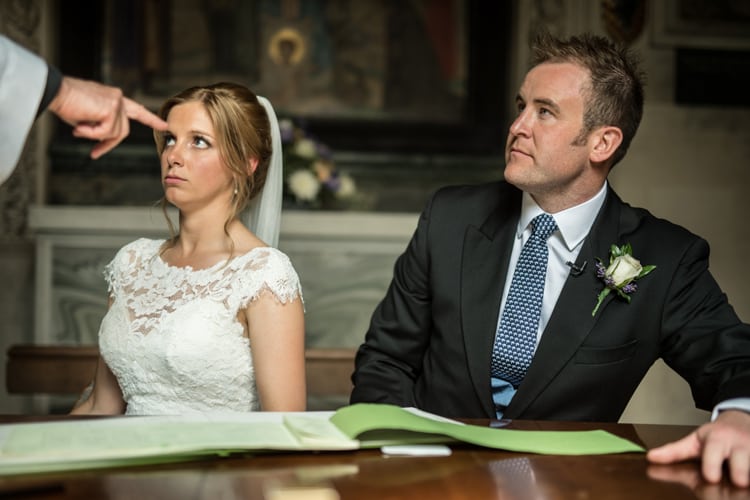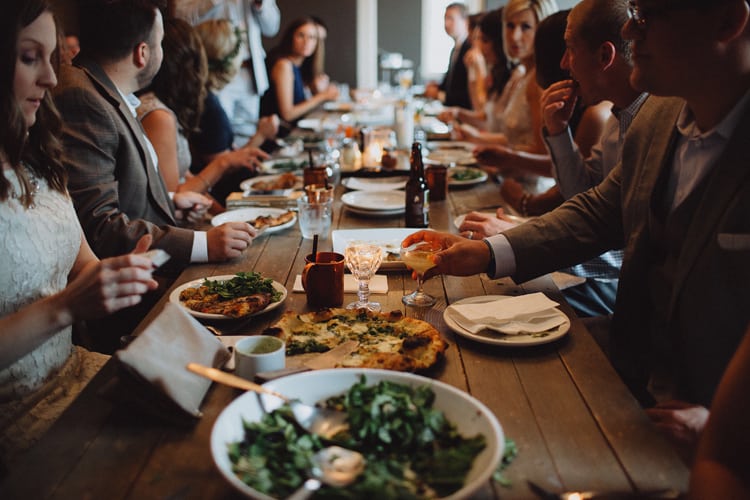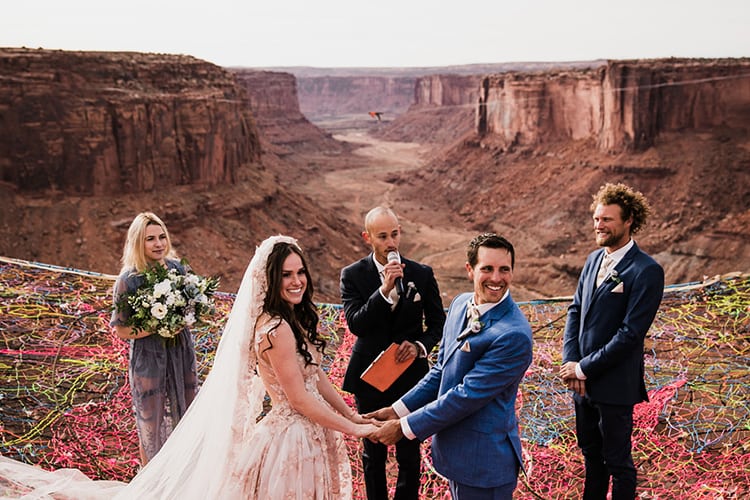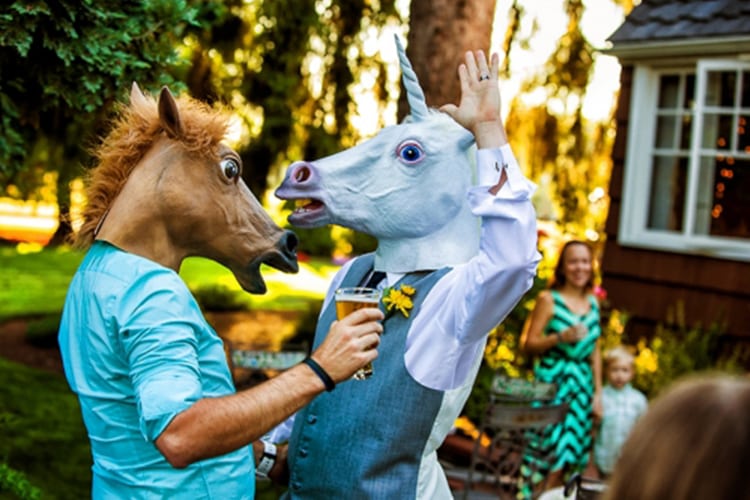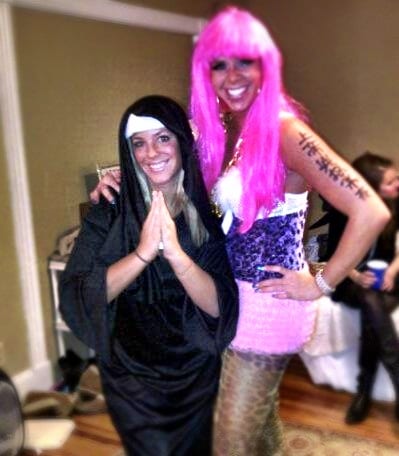
As regular readers now know, from time to time, we turn to one of the less-crazy bridal sites, OneWed, for “her perspective.”
From OneWed’s Marta Segal Block:
My husband and I sometimes joke that we have a mixed marriage because I come from the South and refer to all bubbled drinks as “Coke” and he comes from the Midwest and uses the bizarre term “Pop.” The truth is that in today’s multicultural world where the old prejudices and boundaries have thankfully broken down, many couples come from different cultural, racial, religious, and economic backgrounds. Sometimes the differences are large, sometimes rather minor, but they can all trigger an unexpectedly upsetting response.
When my Midwestern, church-raised mother-in-law suggested that my husband and I have our wedding reception in a basement and serve punch and cake, my inner Jewish American Princess/Southern Belle reared her perfectly-coiffed head, and my husband and I had what was at the time the biggest fight of our relationship. In my defense, herring was mentioned.
I know now that I’m not alone in this outsized reaction to a cultural difference of opinion. One of the strangest things I’ve seen at a wedding involved my best friend’s Mexican mother-in-law and her Kentucky-bred mother following each other around the tables before the wedding reception. One woman would move the napkins on top of the plates because “That is how WE do it,” and the other would come in five minutes later and change the napkins back “That is NOT how WE do it.”
For both men and women, marriage is a change of identity and a change of family. Perhaps because of centuries of cultural and historical baggage, women feel this change more strongly than men. In the “olden days” women were expected to leave their birth families and take on the name, customs, and problems of their husband’s family (religion and race weren’t really issues, since you rarely married out of your own).
While it’s obvious that the wedding, and your future marriage, should reflect all of the cultural traditions the two of you have, it’s also possible that negotiating how to include different traditions may be a bumpy ride. This is especially true if the suggestions are coming from your mother. Your fiancée is excited to marry you, she’s not excited about the idea of being asked to give up her family in exchange for yours. Even if that’s not what you or your family means by the suggestions, that may be what she hears. Remember, she’s coming at this with a lot of historical baggage.
The bigger the culture gap is, the bigger the potential emotional mine fields. Your rejection of a Christian wedding tradition, may make her worry that she won’t be able to hang Christmas stockings for her future children. The good news is though, that this stuff HAS to be talked about. If by “no unity candle” you really do mean “I want a Jewish wedding and family and no Christmas Tree” and your fiancée isn’t Jewish, it’s better to discuss this and solve it now than wait until it’s time to circumcise your first son.
I’m sure that as long as no one mentions the word “herring,” it’ll all be fine.
Marta Segal Block writes the Ask the Wedding Maven advice column for OneWed.com, home to both the Savvy Scoop a daily blog of helpful and non-cringe-inducing wedding information and weddingpreparty.com, the single coolest way to plan your wedding online.
For more about culture clashes on The Plunge, see: God is in the Details: Religious and Interfaith Ceremonies and Should She Convert to Judaism?





